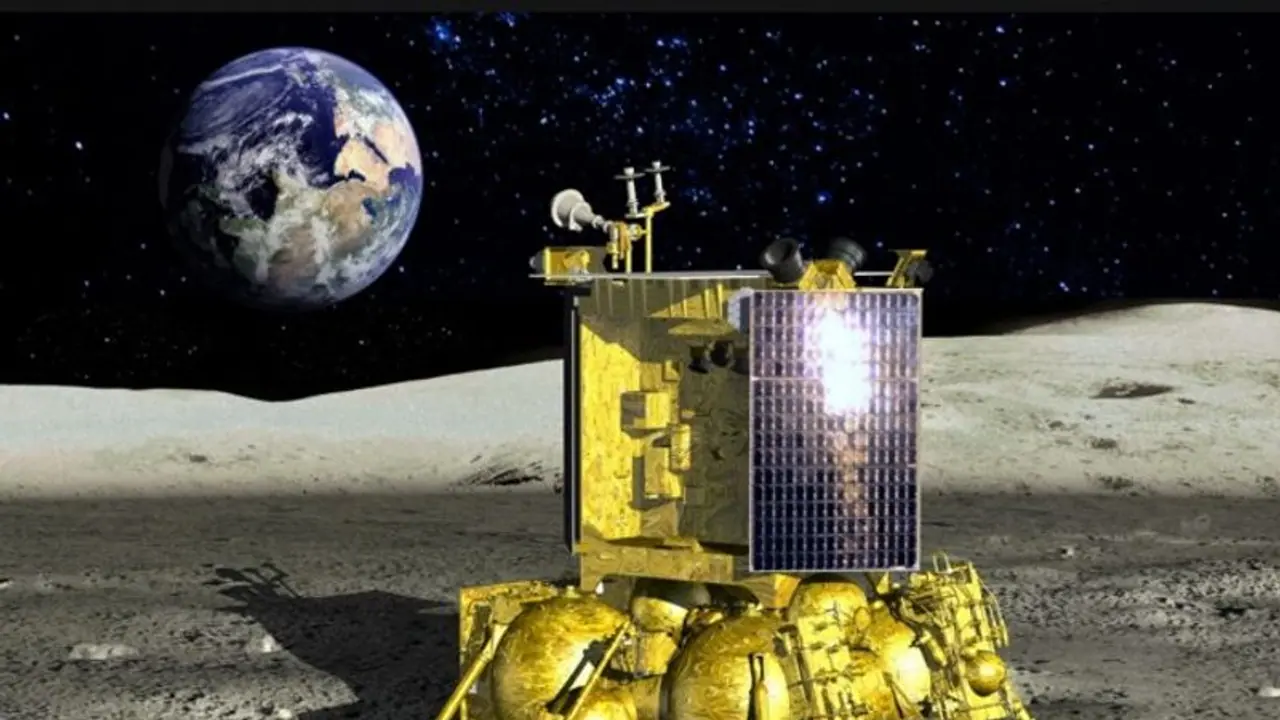Following the tragic crash of Russia's Luna-25 on the surface of the moon, one of the leading physicists and astronomers who worked on the mission was rushed to a hospital in Moscow.
Russia's ambitious lunar aspirations suffered a significant setback as the Luna-25 probe, the nation's first Moon mission in nearly 50 years, tragically crashed during pre-landing maneuvers. This heartbreaking incident was followed by distressing news concerning one of the mission's leading physicists and astronomers, Mikhail Marov, 90, who was urgently hospitalised in Moscow.

Mikhail Marov, a renowned astronomer, was admitted to the hospital due to a sudden deterioration in his health following the Luna-25 mission's failure. Speaking to reporters from the Central Clinical Hospital near the Kremlin in Moscow, he expressed the profound toll this setback had taken on his well-being.
Also read: How Russia's historic moon mission ended in a crash; details of final moments revealed
"I'm under observation. How can I not worry, this is largely a matter of life. It's all very hard," he shared with RBC news channel and the Moskovsky Komsomolets newspaper.
Marov had devoted a substantial portion of his career to space missions for the Soviet Union, considering the Luna-25 mission the pinnacle of his life's work. He lamented the mission's failure, stating, "It is sad that it was not possible to land the apparatus. For me, perhaps, it was the last hope to see the revival of our lunar program."
Expressing hope that the reasons behind the Luna-25 crash would undergo thorough examination and discussion, Marov emphasised the importance of learning from the mission's failure.
With Luna-25, Russia had aspired to build upon the legacy of its Soviet-era Luna program, aiming to reassert its independence in lunar exploration amidst growing isolation from Western space endeavours. However, Roscosmos, the Russian space agency, confirmed on Sunday that communication with Luna-25 had abruptly ceased, leaving uncertainty in its wake.
Roscosmos announced that the spacecraft had entered an unpredictable orbit and met its demise as a result of a collision with the lunar surface. The space agency pledged to conduct a ministerial investigation into the crash's causes but refrained from disclosing any specific technical issues that may have contributed to this unfortunate outcome.
